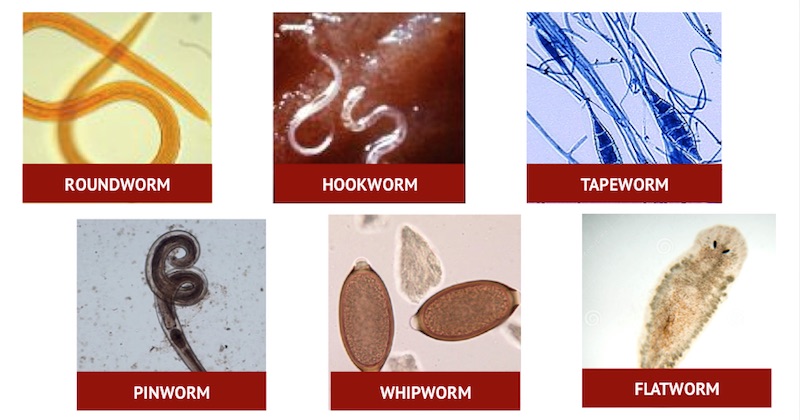Worms In Humans Human Body
List of parasites of humans. Jump to navigation Jump to search Endoparasites Protozoan organisms. Common name of organism or disease. One of the most common human parasites • United States: infected ~23% of the population during year 2000. Body parts affected Diagnostic specimen Prevalence Transmission/Vector. How can the answer be improved?
© Depositphotos.com / Rohappy The question of whether or not your dog can give you worms (or any disease or infection, for that matter) is a very good one. We give our dogs all manner of pills and tablets to help them, but we do nothing for ourselves. Is that because they’re not a problem for humans, or should we be more concerned? Many Canine Diseases and Parasites Can Affect Humans.

Intestinal Worms In Humans
There are a multitude of diseases that are able to move from animals, including domestic dogs, to humans. These are referred to as. The Plague, AIDS, and rabies are all examples of virulent diseases that began in the animal kingdom, but made the leap to humankind. Our focus right now, however, is worms. Yes, there are types of worms that infect your dog which are able to cause discomfort and disease in humans. Though the effects aren’t always as dire as those of the conditions I mentioned above, they’re still not something you want to deal with. Here’s a short (and also less nausea-inducing than most) video about worms in dogs: The problem with canine worms gaining access to a human is the worms have no idea where to go.
This may seem like a more of a problem for the worms than for the human, but the opposite is true. Because humans are not their usual home, the worms will head wherever they can rather than to their normal places. This can result in worms entering organs such as the liver, lungs, brain, and even the eyes. What kinds of Worms Can Dogs Pass to Humans? There are three kinds of canine host: roundworms, hookworms, and tapeworms. The first two are the most common culprits, but tapeworms can be contracted on rare occasions. You have probably heard that ringworm can also be passed from animals to people.
Ringworm, however, is not actually a worm, but a fungal infection. Roundworms If your dog has roundworms living in its intestines (and sometimes there are no outwards signs of an infestation), the eggs will be excreted in the dog’s feces. The, at which point they become a problem for people. The eggs may stick to people’s hands or feet, or can even be ingested on occasion. They can also be passed directly from the dog to a person if the dog has transferred eggs from its anus to its mouth while cleaning itself. Roundworms in the lungs may cause the host human to develop a nasty cough. An infection in the eye can potentially cause blindness.
And roundworms in the intestines have the potential to wad up into a ball and cause a blockage. Long, stringy worms may become visible in the infected person’s stool, if the condition gets bad enough. Hookworms As with roundworms, hookworm eggs are found in dog feces.
After about a week in the outdoors, the larvae hatch. If they come into contact with skin, they are able to latch on and burrow into the new host. An itchy rash at the point of penetration is the most obvious of the. Winding red trails may also be visible as the worm eats a path for itself under the skin. Severe cases may cause diarrhea, and can lead to weight loss and anemia. Tapeworms There are several types of tapeworm, but the kind that most commonly afflicts dogs is the flea tapeworm.
As the name suggests, flea tapeworms are passed along to dogs if the dog ingests an infected flea. The same thing can happen to a person, though it’s rather rare. Tapeworm infections often produce no noticeable symptoms. It may be possible to spot tapeworm segments (they break up into pieces) in stool as they are passed from the body.